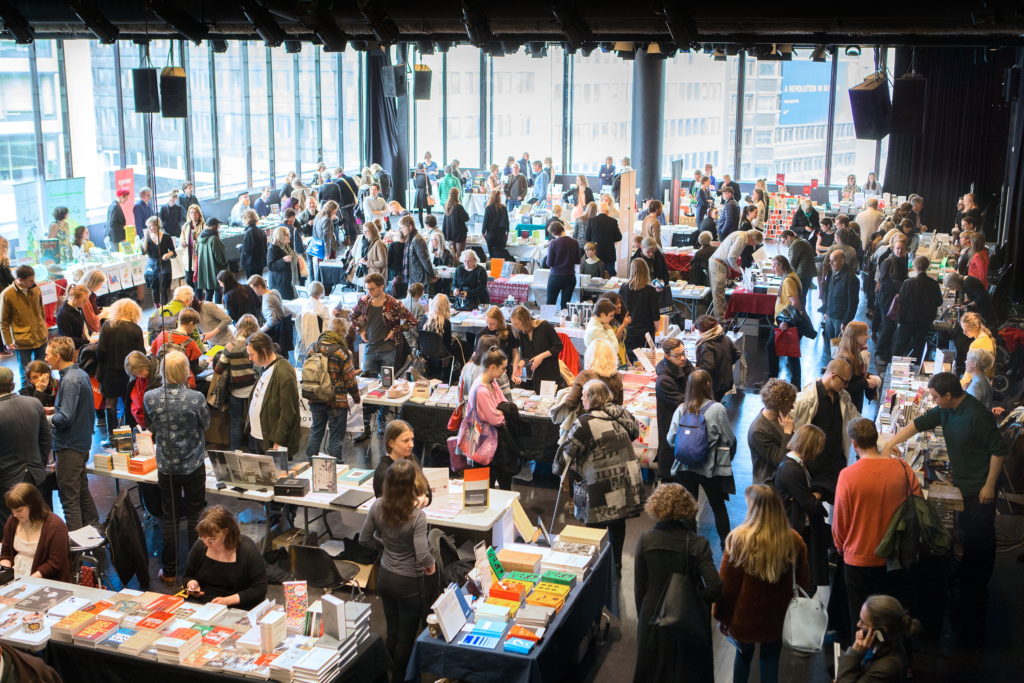
Another year, another successful Litteraturmässan! Or, at least, it was successful from my perspective. I guess it’s up to the vendors and the sponsors to decide if it was successful in a more typical sense. The panels I attended and my thoughts on them:
Vi minns Ursula Le Guin
It took me twenty years to get into Le Guin, but I made it eventually. Still, interesting to hear people talk about her who fell in love with her writing from the get-go. (The difference: half of the panel seemed to get into her via The Left Hand of Darkness, whereas my first attempt was either A Wizard of Earthsea or The Dispossessed.) Also weird to hear a discussion about Ursula K. Le Guin in Swedish when English and Swedish pronounce the name of the letter “K” differently. (It’s the little things.)
Tema Fristad: Housam Al-Mosilli
Al-Mosilli was engaging and so was the moderator (interlocutor?), Kholod Saghir. Here’s an interview with him in English from Sampsonia Way.
Sveriges dolda historier
I don’t know if it was because I had a hard time tracking the discussion in Swedish or because the topic wasn’t as engaging as I thought it would be, but I confess to ducking out early of this one. It might have been better if I had read the books in question prior to the discussion: Aednan and Släpp ingen jävel över bron, both of which sound interesting in their own right.
Tema Fristad: Zurab Rtveliashvili
While I found the discussion frustratingly limited (John Swedenmark seemed extremely uncomfortable with silence and therefore didn’t allow Rtveliashvili as much time to answer as maybe he needed), the poetry readings and performances were engaging. Here’s a clip of Rtveliashvili reading a poem he also read at the panel (though without the instrumental accompaniment).
De värnlösa
Never a bad time to discuss Nazis and their nonsense. I picked up a copy of Lilian O. Montmar’s book (same title as the discussion panel) in the market for my sambo.
Tema Fristad: Basim Ahmed Jamal
An accomplished musician who sort of stumbled into opening Mosul’s first bookstore in the 1990s, Jamal was an absolute delight and maybe my favorite presenter. I may be biased because he also played some songs on the clarinet (an instrument I kind of, sort of play myself) to open and close the panel.
Flora Nwapa and African women in world literature
I didn’t get to see as much of this panel as I would have liked, but I liked what I saw. Heard? I hope that the library will get in more copies of Flora Nwapa‘s books in soon, because now I’m quite curious about them!
Tema Fristad: Tesfagiorgis Habte
Habte was perhaps the most at-ease speaker in all the panels I attended, or at least the one most willing to crack jokes. It helped that Sami Said was also a great interviewer: they had good banter and he allowed Habte time to answer questions. Habte spoke about his years in prison, but there’s only so much to cover in twenty-five minutes. His piece at PENeritrea touches on many of the things he talked about, and then some
